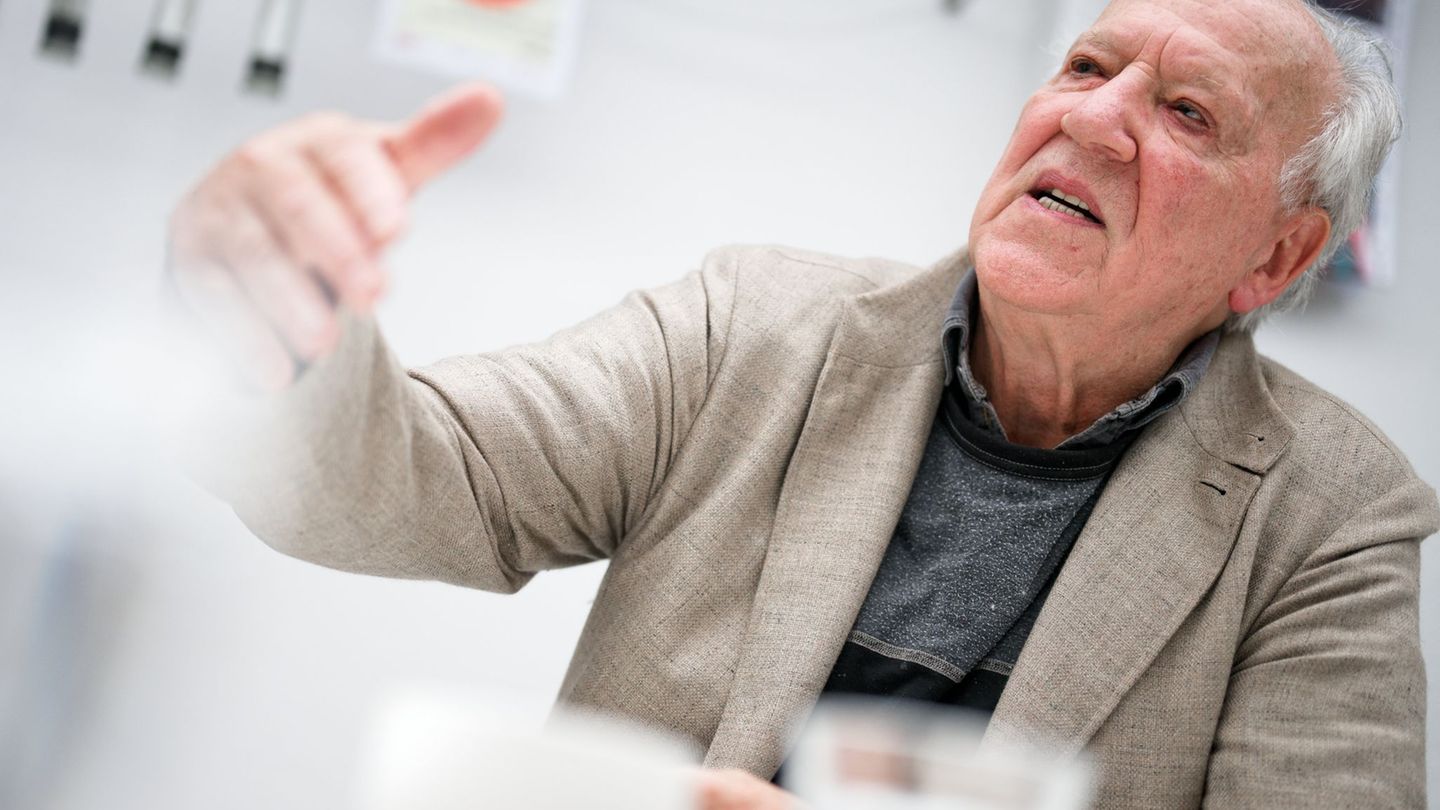Chile must decide which economic path to follow in the process of recovery from the crisis caused by the pandemic of the coronavirus, which will lead the country to grow in the order of 11% in 2021, but with an inflation that doubles the official projection of the Central Bank (6%) and a public debt at levels of 33.1%, supported by the huge State aid provided to deal with the health crisis.
The scenario for whoever wins the presidency is not projected anything auspicious. After this year’s “consumption party”, also underpinned by the three extraordinary withdrawals of pension funds approved so far by Congress, it is estimated that in 2022 the Chilean GDP will grow only between 1.5% and 2.5%.
The 35-year-old young candidate Gabriel Boric, favored by the leftist alliance Approve Dignity (Broad Front and Communist Party) proposes a change of model based on the Welfare state of European countries, considering that the current Chilean model “is absolutely stagnant.”
“A welfare state so that everyone has the same rights, no matter how much money they have in their wallet,” Boric said in an interview with AFP, and pointed to “guarantee universal social rights”.
Among them, the creation of a model of “social security that is not a business”, to replace the current pension system with individual capitalization per worker, a pioneer in the world and criticized by a large part of society for not providing decent pensions. In his electoral program, Boric proposes to “ensure” a minimum pension of 250,000 pesos, equivalent to about $ 308.
It also raises an increase in the monthly contribution, from the current 10% of salary to 18%, “gradually” and with a large part of the charge to the employer.
The official candidate Sebastian Sichel, age 44, projects a free market system with a strong participation of small and medium-sized companies, combined with a Strengthened state, quite absent today in the current ultraliberal model that considers a subsidiary State that gives priority to the private sector in any field of investment.
“That we do not have a complex with the State as the old right had, but that the value of entrepreneurship, of innovation is also understood, as (former German Chancellor) Konrad Adenauer said: ‘As much market as possible, as much State as necessary ‘”said the candidate in an interview with AFP.
For the questioned pension system, Sichel considers a similar model but one that breaks the current oligopoly of Pension Fund Administrators. In the last presidential debate, he mentioned a system similar to Australia’s for maximizing and disseminating options.
“We are thinking that workers can choose if they want their funds to be managed by a public or private institution, for profit or not,” Sichel explained.
The candidate of the Christian Democrats, the 51-year-old senator Yasna Provoste, offers for Chile a model of capitalism that coexists with the creation of more public companies, according to your schedule.
A “transitory” plan to face the economic situation generated by the pandemic and to counteract part of the impact caused on the economy by the social protests that broke out in the country since October 2019.
The far-right candidate Jose Antonio Kast, 55, from the Republican Party and another of the favorites to go to the second round, bets on maintain the ultra-liberal model imposed during the dictatorship Augusto Pinochet (1973-1990) as a laboratory for this economic doctrine emanating from the ideas of Milton Friedman at the American University of Chicago.
“A society that prioritizes equality over freedom will get neither,” Kast said during a press conference with foreign correspondents, mentioning part of the American economist’s idea.
Its program aims to give the market more freedom of action and reduce the participation of the State in the economy as much as possible. Also reduce the Value Added Tax (VAT.) From 19% to 17%, and increase the job offer for people over 60 years of age and “postpone their retirement.”
Source From: Ambito
David William is a talented author who has made a name for himself in the world of writing. He is a professional author who writes on a wide range of topics, from general interest to opinion news. David is currently working as a writer at 24 hours worlds where he brings his unique perspective and in-depth research to his articles, making them both informative and engaging.




